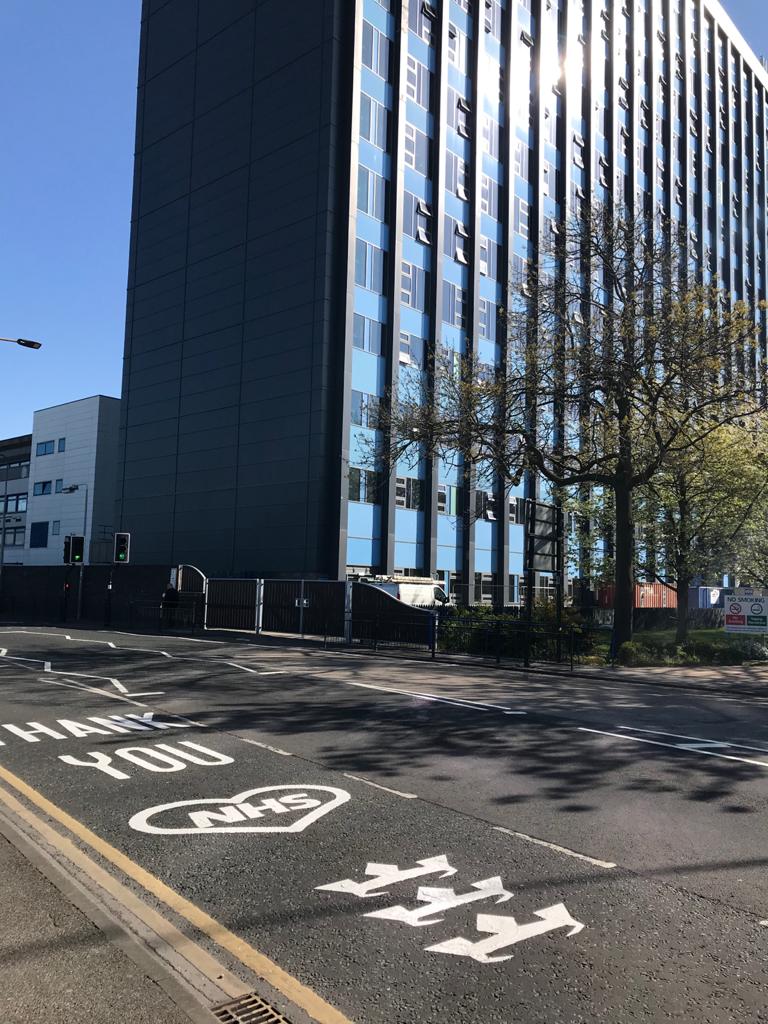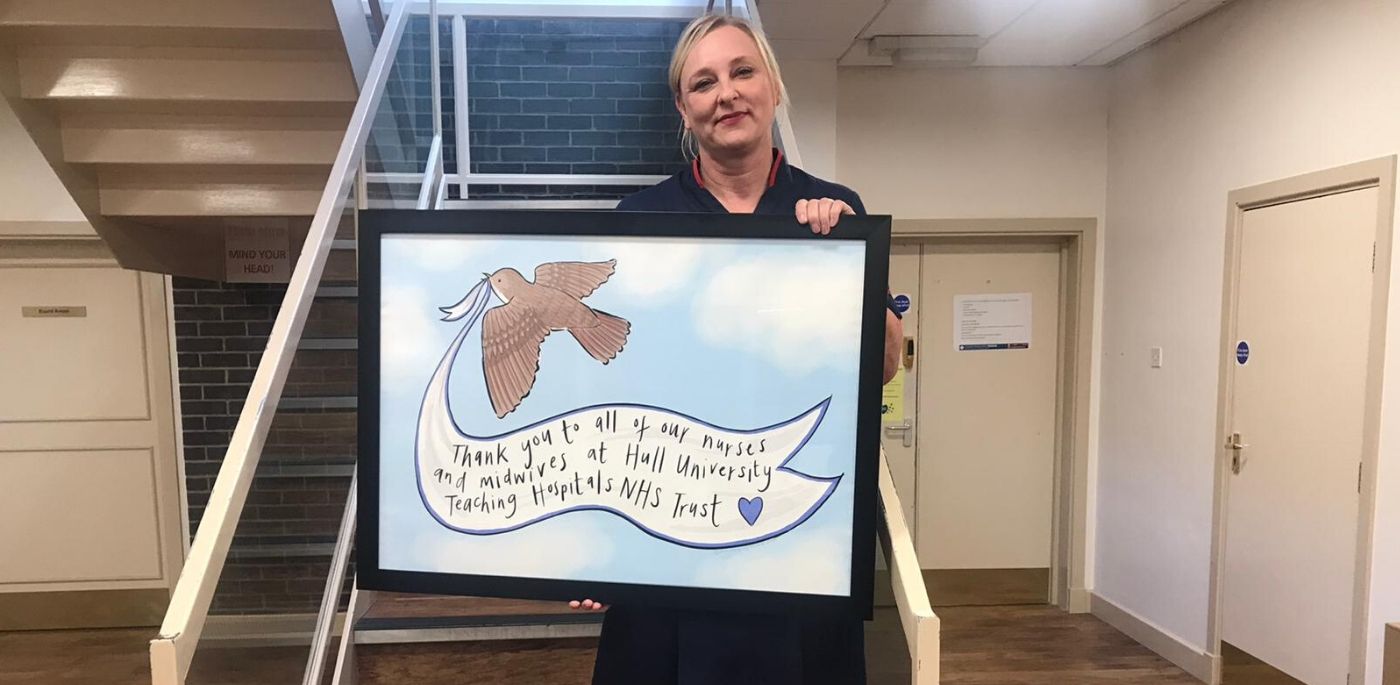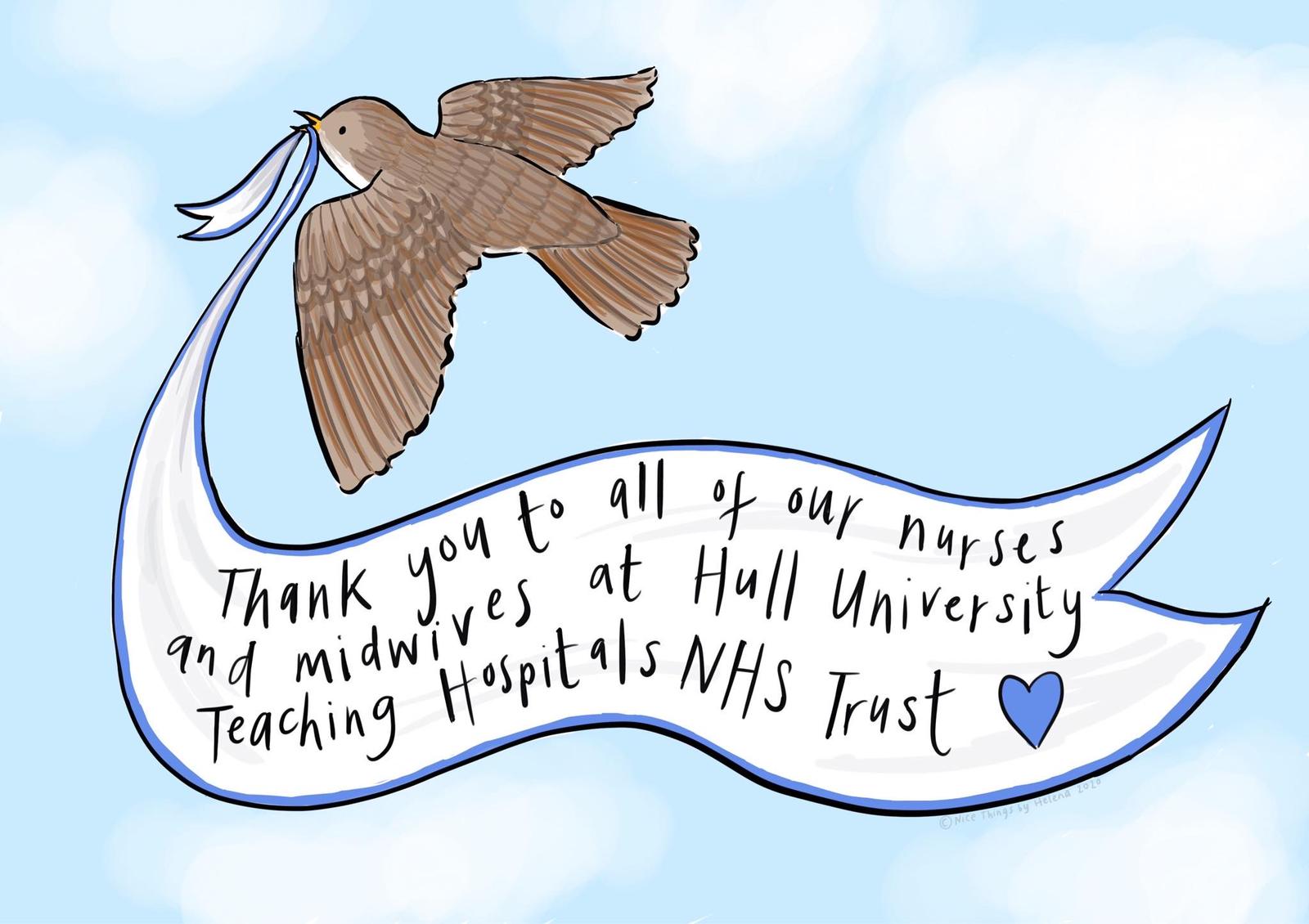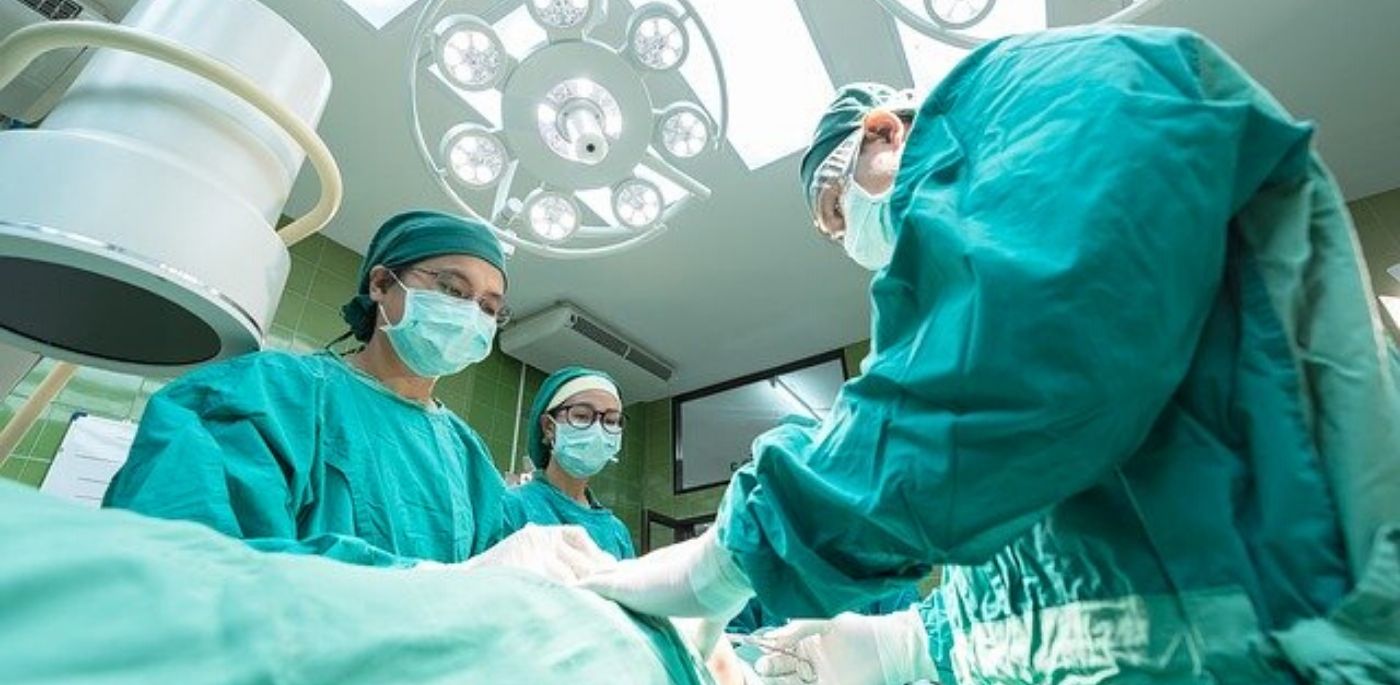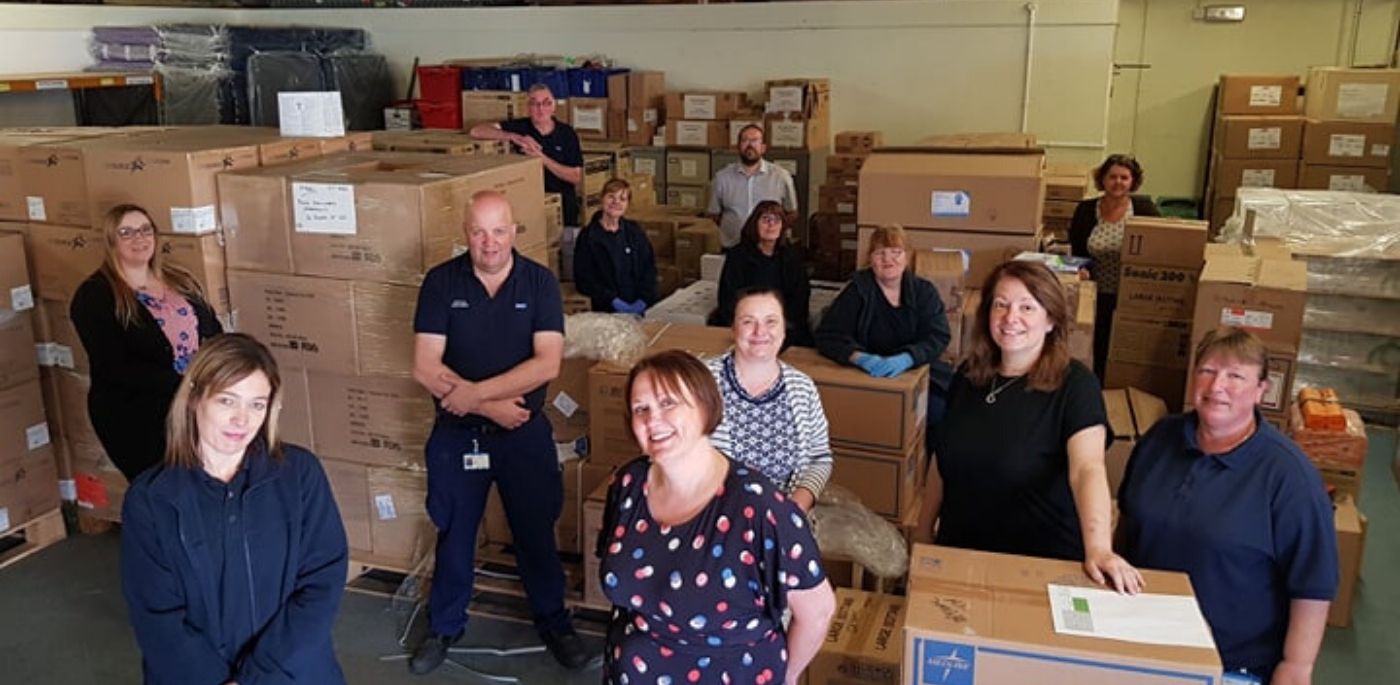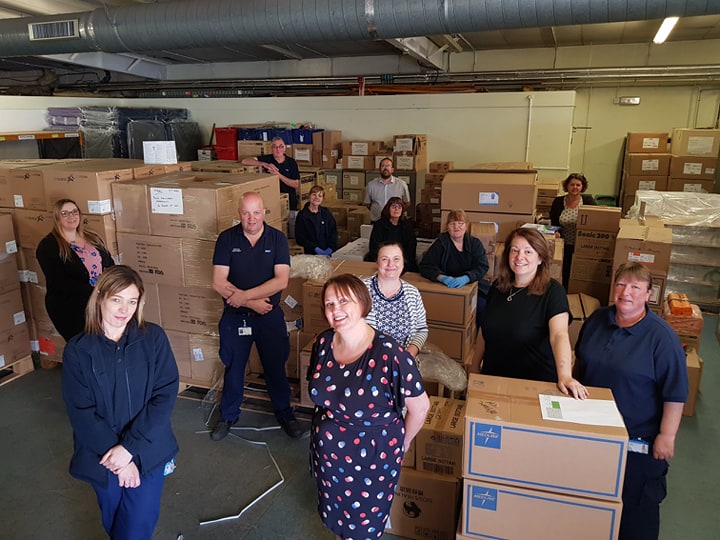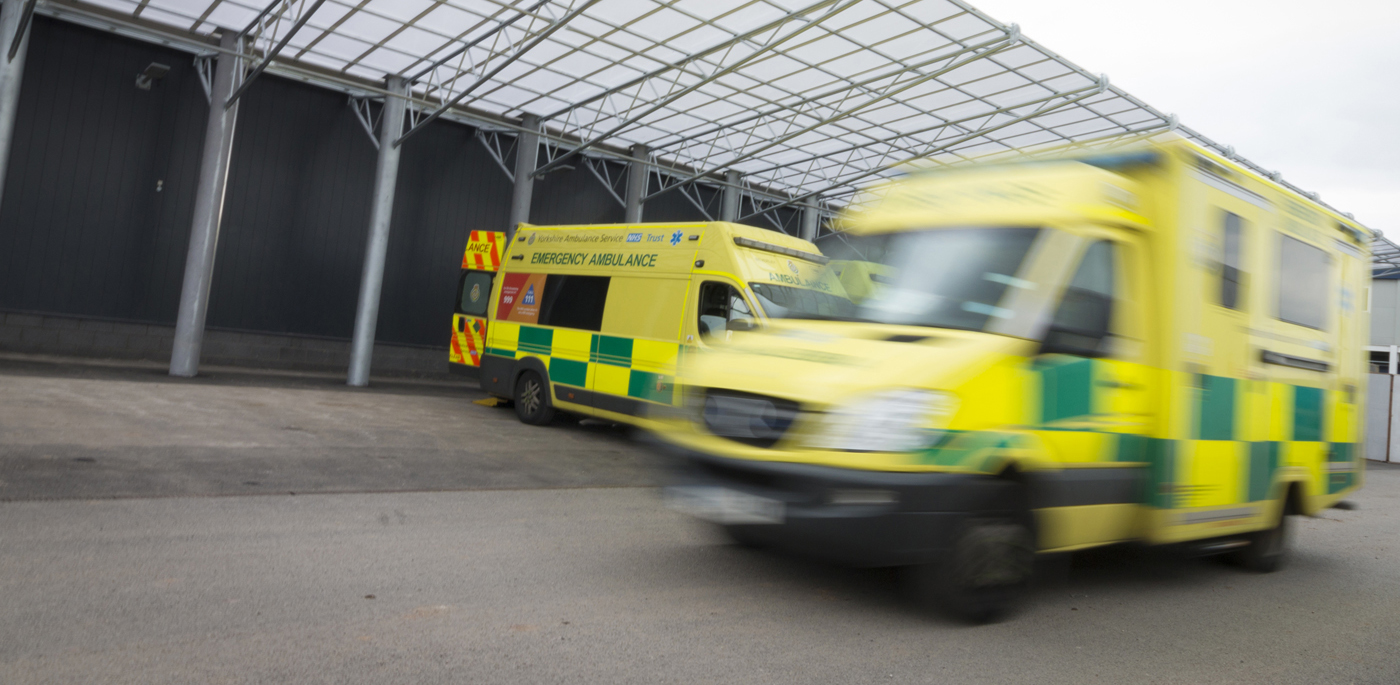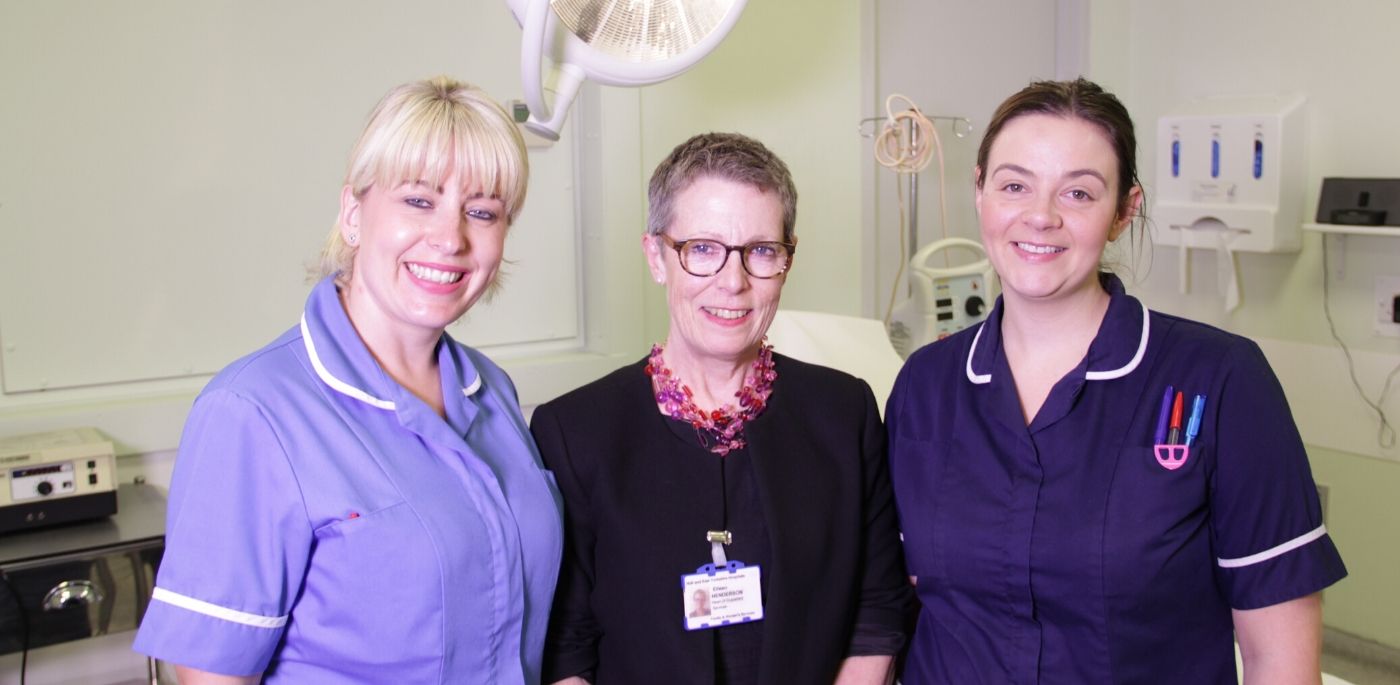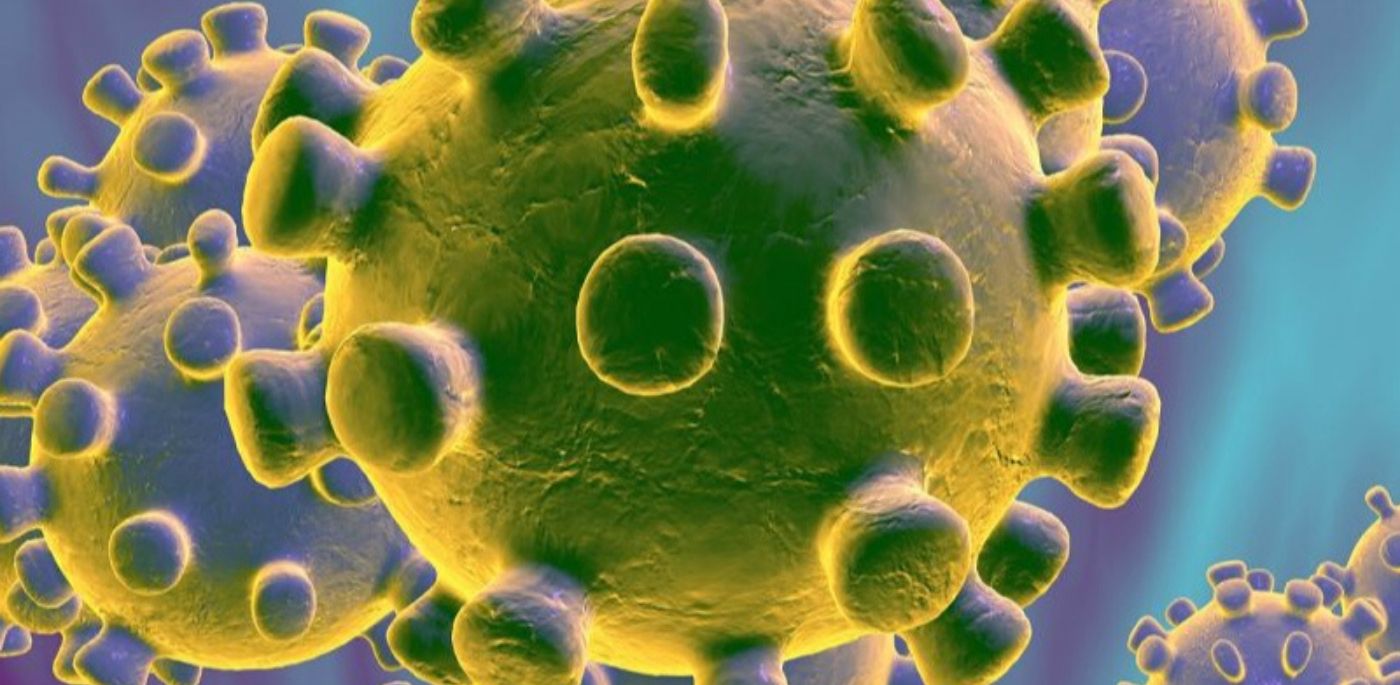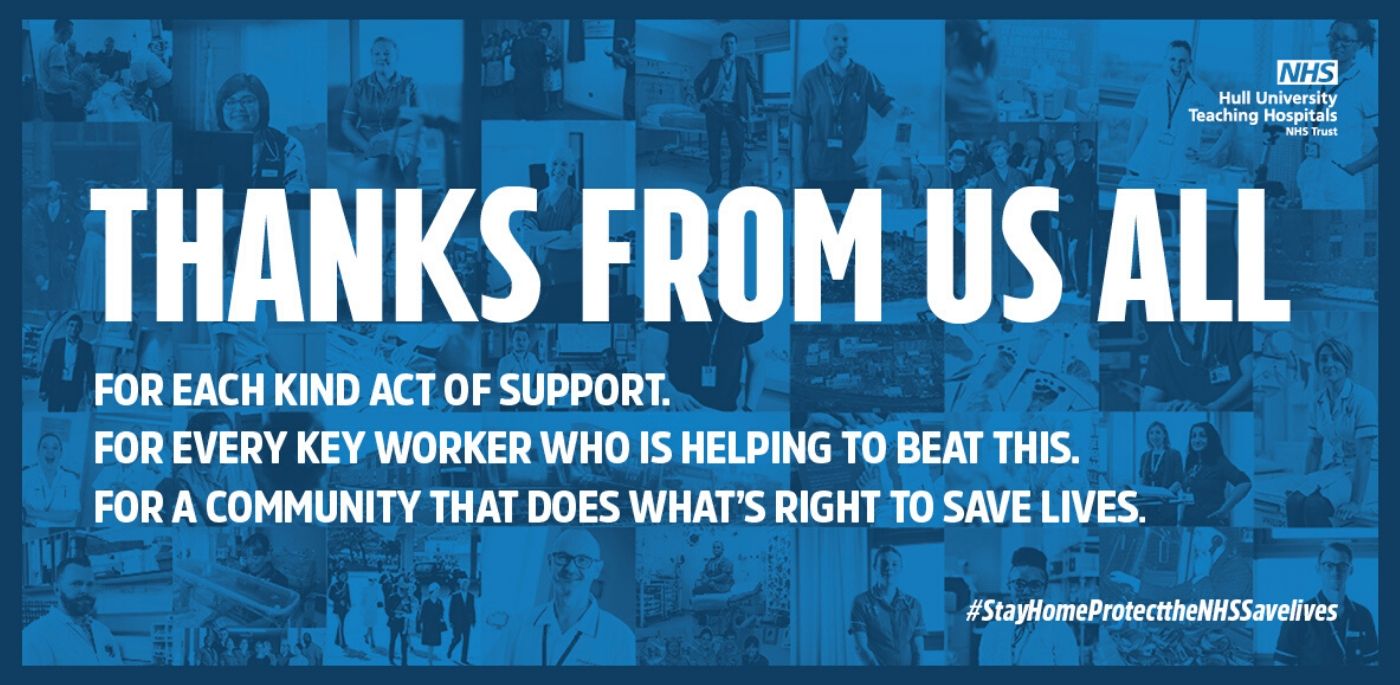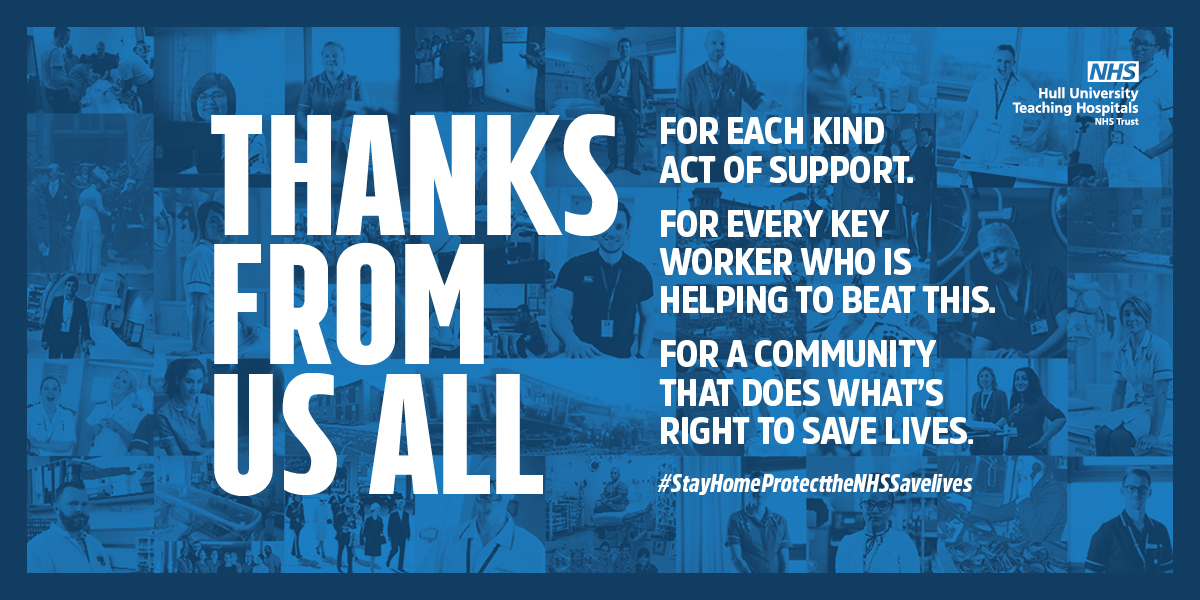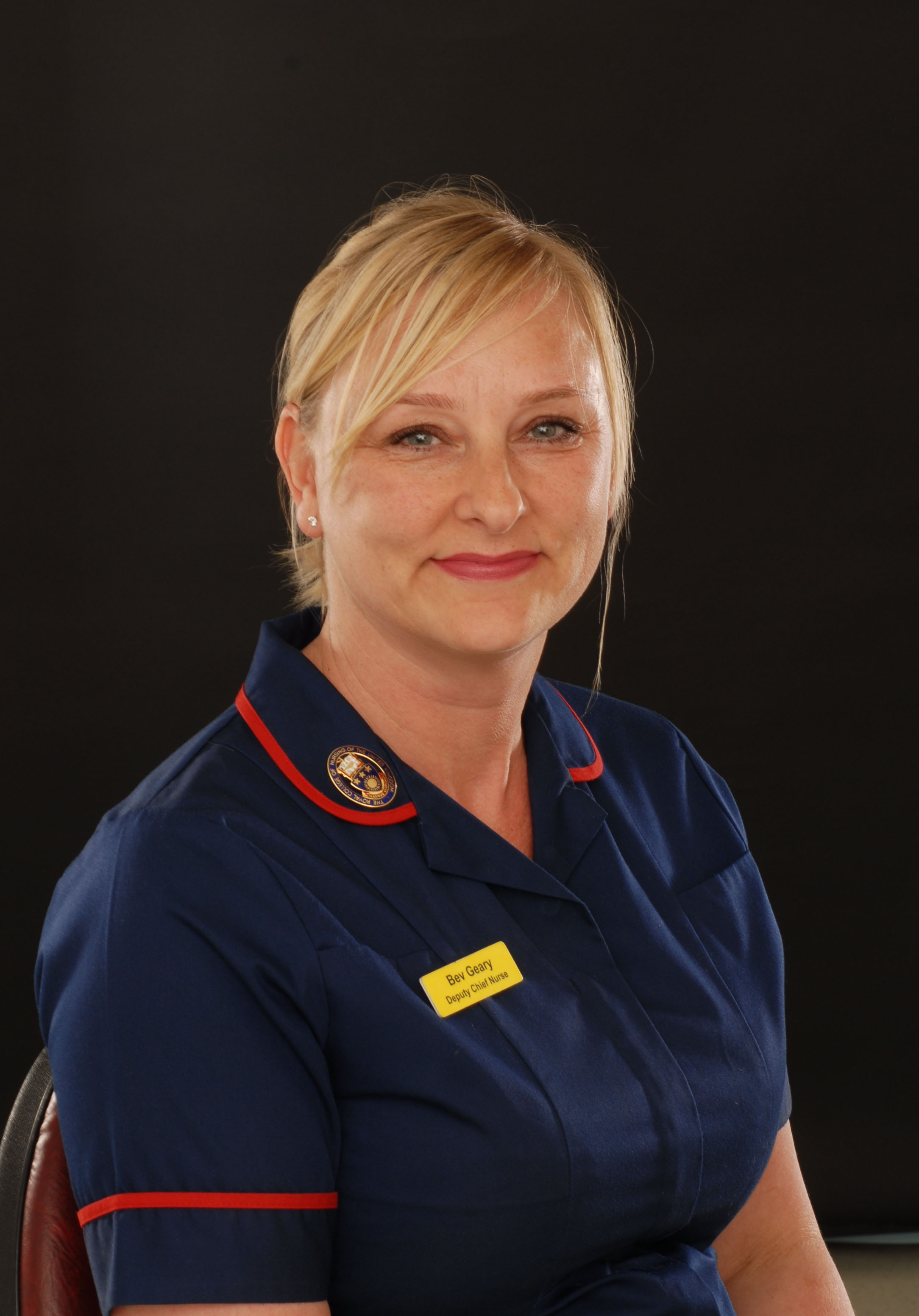Staff retrain, redeploy and reorganise to ensure patient care remains top priority during the COVID-19 pandemic
For the hundreds of NHS workers involved in hospital outpatient services in East Yorkshire, the past few weeks have been anything but ‘business as usual’.
As the scale of the effort required to respond to the coronavirus pandemic became clear in March, Hull University Teaching Hospitals NHS Trust had to act quickly to protect its patients and prepare its staff and services.
This was no more acutely felt that in outpatient services, where thousands of routine appointments have been cancelled as far afield as Pocklington, Bridlington and Hornsea.
Eileen Henderson Head of Outpatient Services for the trust explains:
“As the COVID-19 situation began to unfold, we knew there was going to be a need to work differently.
“Encompassing over 30 different specialties* and collectively running over 1,000 clinics each week, the scale of the challenge for outpatients was huge.
“We needed to cancel thousands of appointments for our patients, to release and retrain many of our staff to help in more business critical parts of the hospitals, while still maintaining some level of business continuity in each service for those patients whose care simply cannot wait. We also needed to ensure those key services which the trust has committed to maintaining, such as cancer and cardiology, remain staffed and equipped to continue with their potentially life-saving work.
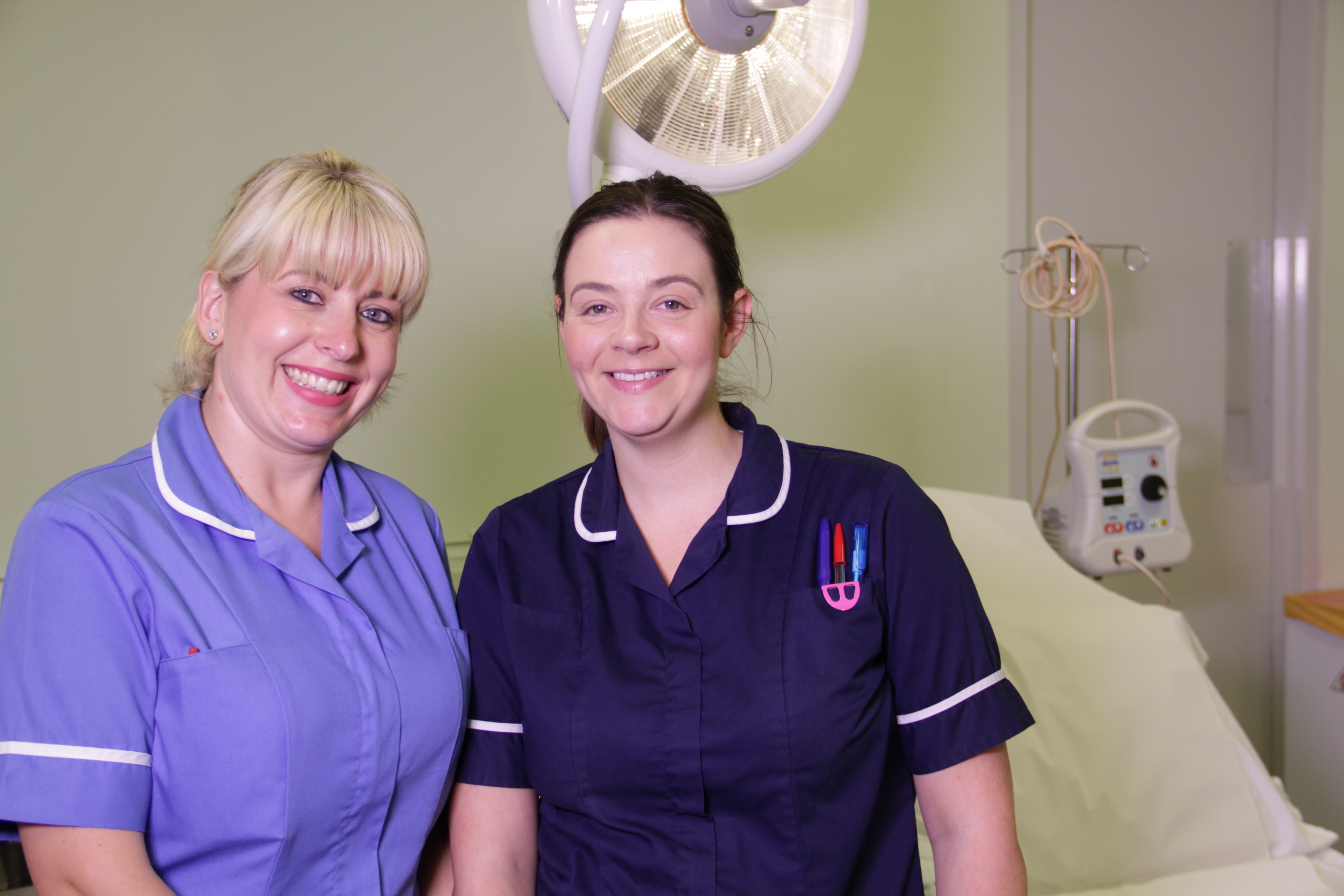
Aimee Fenn (left) and Katie Kavanagh of the Plastics Trauma outpatients team
“Each of the outpatient areas works slightly differently to best meet the need of their patients, so their responses to the pandemic have also varied in nature. Some teams, such as Plastics, have turned to video consultations as a means of conducting urgent appointments, for example, while others such as Vascular Outpatients have combined some of their physical clinics to create a one-stop-shop, meaning patients who do have to come in can see several experts at once and so reduce the number of hospital visits they have to make.
“But what has really impressed me has been the way staff have really wanted to roll their sleeves up, to join their colleagues and support the COVID-19 response in any way they can.”
Staff have flexed to deliver services in different places in order to protect patients at higher risk. Certain patients can now have their bloods taken in the Brocklehurst Building, for example, or attend clinics in the diabetic eye screening department to avoid the need to visit highly populated areas of the Hull Royal Infirmary site, thereby reducing their potential risk of exposure to COVID-19.
Both clinical and admin staff have also undertaken additional training to be able to support in areas with greater need or staff shortfalls.
“Redeployment of staff is a key part of our major incident planning, and with far fewer outpatient clinics running at the moment, staff have been asked to undergo training to be able to help out in parts of the hospital which are normally unfamiliar to them,” Eileen continues.
“Without exception, outpatient staff have embraced the challenge and approached this with such positivity, from the healthcare assistants and nurses right through to the admin staff and the doctors.
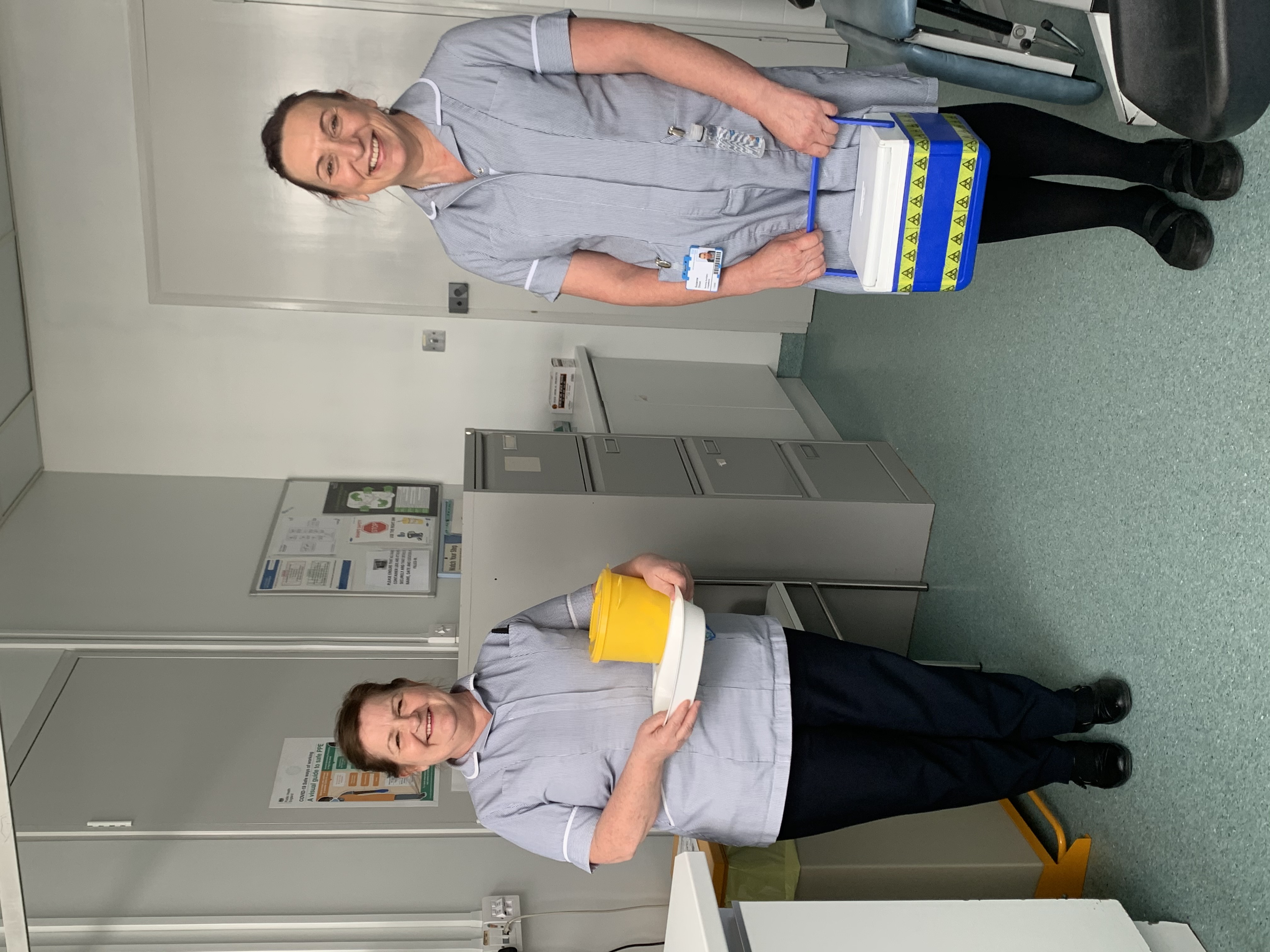
Healthcare assistants Jayne Hay (left) and Suzanne Dixon
“We’ve had staff who have worked in outpatients for years relishing the challenge of going back into a ward environment, and healthcare assistants stepping up to further enhance services in other parts of the hospital. I’ve been so impressed with just how keen and supportive our outpatient teams have been when it comes to working across different areas and supporting the patients who still need our care.”
Jayne Hay is one of those healthcare assistants who has moved from her usual role in the medical outpatient team to support the phlebotomy service at HRI. Not only does it mean Jayne and her colleagues Linda Bell and Suzanne Dixon have been able to provide an additional afternoon bloods round service to the wards, but this has also freed ward nursing and medical staff up to focus on more direct patient care.
Jayne says:
“We take lots of bloods normally in an outpatient setting, but acknowledge it is harder to take bloods from patients in a hospital bed. My move to phlebotomy in support of the coronavirus response has certainly opened my eyes, and I have a new respect for the staff working in a ward environment. ”
Eileen adds:
“We know how inconvenient it can be for someone to have their appointment cancelled and we know people worry about their health, so clinic cancellations are never something we would want to do. However the situation we find ourselves in is unprecedented, and we hope people see just how hard we have been working to support them through the outpatients service and in other parts of the hospital as well.
“I’d like to thank patients who have been affected by outpatient cancellations for their patience and understanding at this time, and of course I’d like to praise the outpatient service staff for their willingness to step up and join the battle against COVID-19.”
*Outpatient services encompass more than 30 different specialties including antenatal care, diabetes, neurology, ophthalmology, cardiology, oncology and gastroenterology. Collectively the trust’s outpatient service would deliver in the region of over 1,000 clinics every week at multiple sites across Hull and East Yorkshire including hospitals and health centres.
